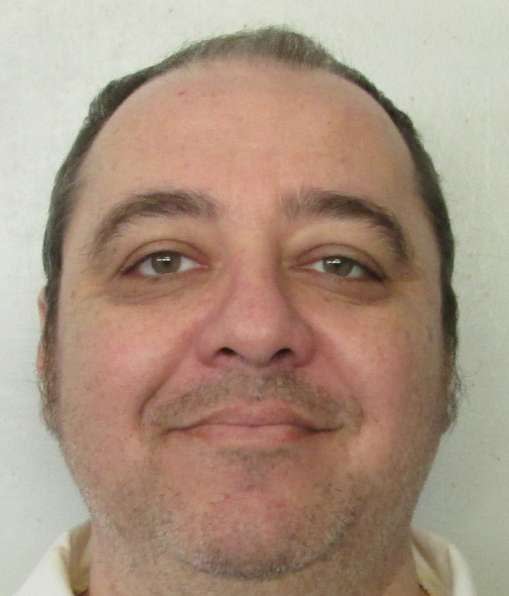Alabama nitrogen gas execution is 'inhuman' and 'alarming,' UN experts say
A top international human rights group is calling Alabama's planned execution of a man by using nitrogen gas "alarming" and "inhuman."
Experts with the United Nations said in a Wednesday release they are concerned about Alabama's execution of Kenneth Smith by nitrogen hypoxia.
“We are concerned that nitrogen hypoxia would result in a painful and humiliating death,” the four experts said.
The experts are Morris Tidball-Binz, a UN special rapporteur on extrajudicial summer or arbitrary executions; Alice Jill Edwards, a UN special rapporteur on torture and other cruel, inhuman or degrading treatment or punishment; Tlaleng Mofokeng, a UN special rapporteur on the right to health; and Margaret Satterthwaite, a UN special rapporteur on the independence of judges and lawyers.
Alabama Department of Corrections scheduled Smith's execution for around Jan. 25. The department attempted a lethal injection in November 2022 but couldn’t get the intravenous lines connected to Smith.
Smith's lawyer Robert Grass filed a federal lawsuit in November to halt the new execution, which is supported by the Death Penalty Action. If the execution method proceeds, it would be the first in the United States.

Who is Kenneth Smith?
An Alabama jury convicted Smith in 1996 of killing Elizabeth Dorlene Sennett in northern Alabama in 1988 in a murder-for-hire slaying. The killing also involved Sennett's husband, Charles Sennett.
The jury conviction brought a life without parole sentence, but a trial judge overruled the jury's recommendation and sentenced Smith to death. Alabama abolished judicial override in 2017.
Death by nitrogen hypoxia
Executing by nitrogen hypoxia involves forcing a person to only breathe nitrogen, depriving them of oxygen for bodily functions and killing them. Nitrogen is only safe to breathe when mixed with oxygen, according to the U.S. Chemical Safety Board.
In Alabama, the Associated Press said the method is done with a mask over an inmate's nose and mouth, followed by the delivery of the gas.
UN experts said in the release the execution would likely violate the 1984 Convention against Torture, which the U.S. ratified in 1994, according to the UN.
The Alabama Attorney General's Office filed a motion to reschedule Smith's execution date in August, and the Alabama Supreme Court allowed a new execution method in November in a 6-2 decision.
Smith's attorneys are seeking to halt the method that would make Smith a "test subject" for the method.
"Like the eleven jurors who did not believe Mr. Smith should be executed, we remain hopeful that those who review this case will see that a second attempt to execute Mr. Smith ? this time with an experimental, never-before-used method and with a protocol that has never been fully disclosed to him or his counsel ? is unwarranted and unjust," Smith's attorney Robert Grass wrote in an emailed statement to the AP.
Contributing: Natalie Neysa Alund, USA TODAY; Alex Gladden, Montgomery Advertiser; Associated Press.
This article originally appeared on USA TODAY: Alabama nitrogen hypoxia execution process 'inhuman,' UN says